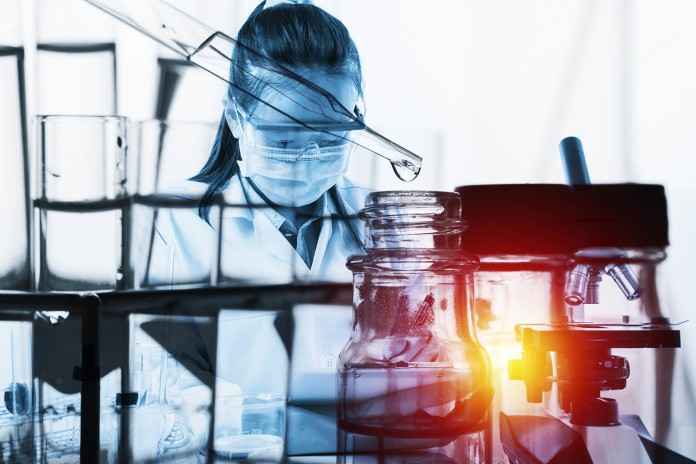
Genetic modification, or the direct manipulation of an organism’s genome using biotechnology, has been a controversial subject since its initial use in 1973 when bacterial genes were first altered. Since then, genetic modification has become prevalent across multiple domains – both scientific and commercial in nature. Genetically modified food, for example, has been sold for nearly two decades, beginning in 1994.
However, as commonplace as genetic modification is in the commercialized world, the practice really begins to dance around the subject of morality when the human genome is called into question. Is it morally acceptable to genetically alter human embryos? According to a group of international researchers, the answer is yes.
GENETIC MODIFICATION AND ITS IMPLICATIONS
Last month, a team of researchers – part of a larger global network of bioethicists and policy experts, who make up the Hinxton Group – met in Manchester to discuss the significant advances taking place in the field of genetics. A controversial topic, thrown on the table for discussion, was the prospect of using genetic engineering for reproductive applications.
Although the U.S. is against funding research involving embryonic gene editing, researchers, in a Hinxton group report, have stated that genetic modification might be “essential” in order to better understand the biology of early human embryos, according to BBC.
With that being said, the international team of researchers is well aware that this technology has a long way to go before it can be fully utilized. Setting the issue of morality to the side, human genetic modification, and specifically, the technology to carry out the procedure, is not yet advanced enough for clinical purposes. However, in certain circumstances – given enough research has been carried out – the researchers argue that genetic modification is viable and even “morally acceptable,” the group said in a statement.
THE CASE FOR GENETIC MODIFICATION IN HUMANS
Given “all safety, efficacy and governance needs are met,” the technology could eventually be used to prevent diseases, like cystic fibrosis, in children, as BBC reports.
Furthermore, Sarah Chan, a leading member of the group, states that preventing such research could actually be counterproductive, potentially even dangerous:
“The prospect that genome editing may one day be used to create genetically modified humans should not in itself be cause for concern, particularly where what is at stake is curing or preventing serious disease.”
Earlier this year, as an example, Chinese scientists were able to “edit” out a gene that causes a potentially fatal blood disorder, according to The Australian. The decision to carry out the procedure, however, was met with heavy criticism and a call-to-action to ban the creation of “designer babies” worldwide.

















